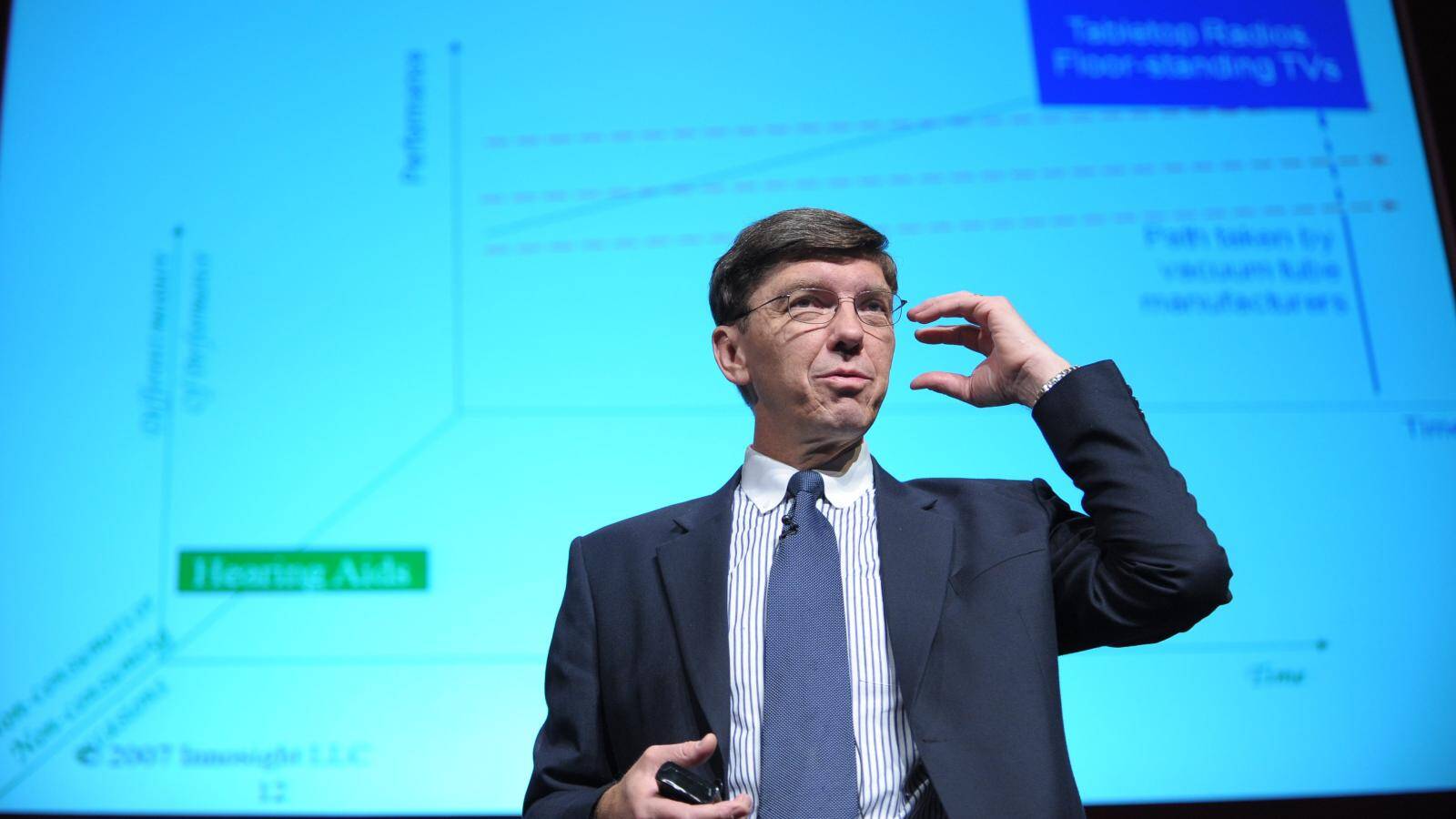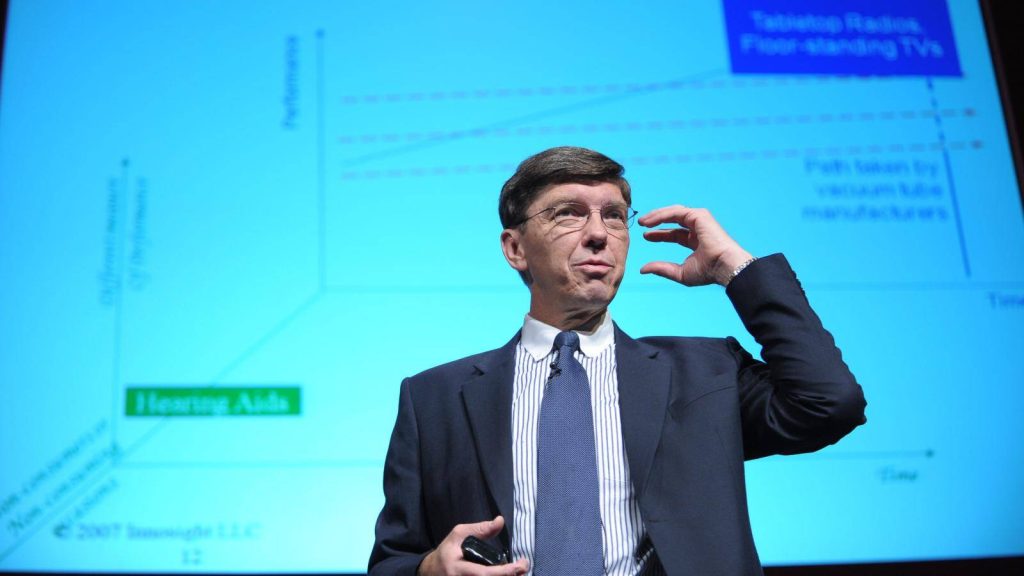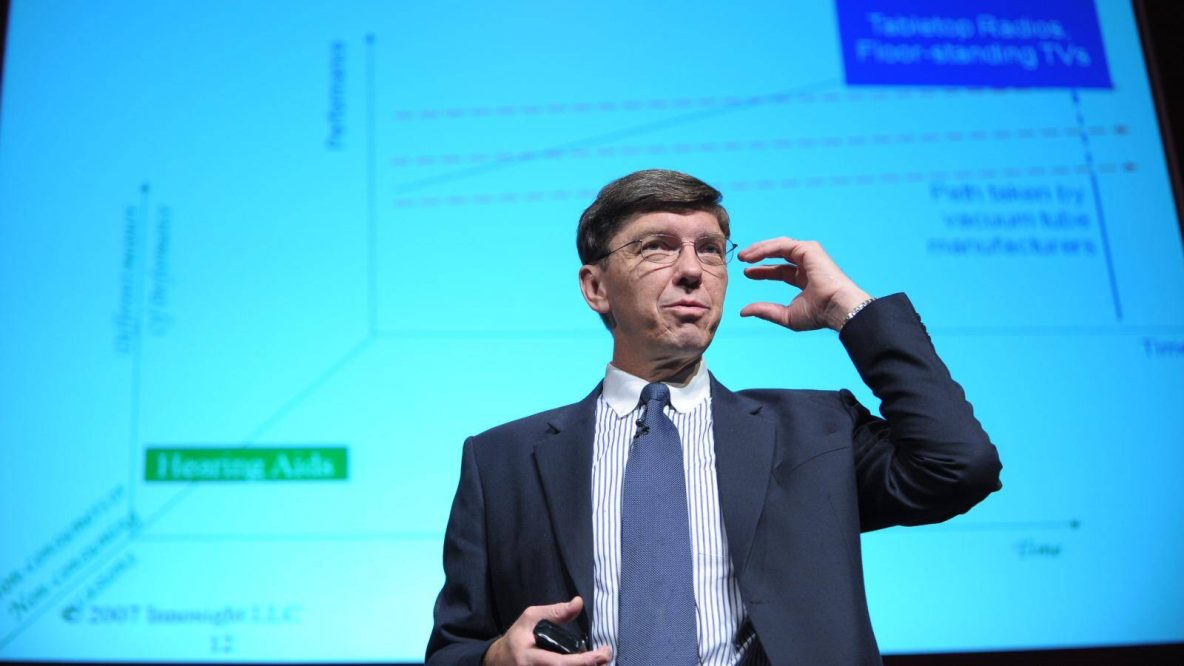

Harvard Professor Clayton Christensen passed away in January. He was the father of what is known as disruption in business, and therefore someone Loftus Peak had always closely followed. He defined the term, saying a company was disruptive if it operated a low-price product or service which allowed it to target customers that were previously considered unprofitable by incumbents. Once those customers were won, the new business moved higher up the value chain, beating competitors by approaching the problem with new eyes and new tools.
An example of how this has played out in the world

eBay is an excellent example. Before eBay, small merchants were excluded from targeting customers with products which were otherwise too expensive to advertise relative to their final sale price.
Fast broadband communications, powerful computing and secure payments are the key internet tools that made eBay valuable as a forum to sell goods, and now it is active all over the value chain, not just the place it started. We could say the same for Google, Amazon or Alibaba.
At Loftus Peak, we didn’t go with the narrow Christensen definition because we found a lot of examples that didn’t fit. Apple, for example, with its iPhone wasn’t a product aimed at the low end of the market. Yet the disruption which it has caused has been profound. From almost 100% penetration of landlines 20 years ago, it is now common to find houses without any fixed phones (though with a data line). In addition, the smartphone disrupted many other industries – it has “virtualised” (replicated in software) most devices, including the camera, walkman, diary and TV, all of which are just features of the phone, rather than just standing alone.
So for investment purposes, we expanded the definition based around the simple proposition that a company is disruptive (however it first establishes itself) if it builds a business without using the traditional tools (by which legacy businesses can be burdened), and instead uses the best/newest tools available. We have not submitted this expansion for academic review – it is a lens through which we view business. We believe there are six core thematics which disruptive companies leverage, many of them more than one. They are:
- Networks and connectivity
- Data and the cloud
- Energy as a technology, not a fuel
- Desktop rather benchtop analysis in healthcare and life sciences
- Connectivity (devices, objects, etc)
- China (by dint of economic size and geo-political influence)
The industries that have been disrupted and WILL be disrupted…
Fast, reliable connectivity has enabled users to become part of a network which then forms the basis of a myriad of applications.
For example, the network was a critical part of the disruption of retail caused by eBay. Amazon, started with books and CDs then graduated to digital goods and then groceries, apparel and everything in between. That network allowed Amazon to avoid paying high rents for very significant shelf space in retail malls (required because the number of products it sells is so much larger) since users in networks were able to view products on-line. Amazon ploughed the 15% rent saving into lower prices or new features, like free delivery or television shows.
The Tesla electric car is another example of a disruptive company which does not fit the Christensen definition. It did not attack the low-end car price-point first, instead building a luxury product with brand new technology. Few traditional car company executives would argue that they haven’t been disrupted. And because the car is electric, and ubiquitous, the knock-on effect into fossil fuels is significant. We think of energy as a technology harnessing solar heat and wind, rather than a resource to be mined and burned.

Increasingly, cars and transport generally will become heavy users of data and the cloud, another important thematic underpinning our investment choices. Loftus Peak invests in companies which provide these data tools and cloud services, such as Microsoft Azure, Amazon Web Services and Alibaba’s Alicloud, as well as suppliers of the hardware and software. There is significant architecture in the mechanism through which Google in 2019 provided responses to 75,000 searches a second, and served the relevant advertising that is the company’s monetisation engine. Same with Facebook.
These data/cloud tools also underpin banking in traditional banks (like the Commonwealth Bank, which is embracing change as fast as it can) as well as new players such as Monzo in the UK, which has 3.8 million customers, and Revolut and Klarna in Sweden. These businesses rely heavily on data and cloud storage and application to make payments easy, and are growing fast (though have not yet taken significant profit from traditional banks.)

Healthcare is an important area which is yet to feel the full force of disruptive innovation, but we believe it is coming, based on the importance of patient and medical data and its current broken state. The use of fitness trackers is just one of the tools through which this happens, and which is equally bound up with connected devices (not phones) which as well as monitoring health can actively report data and status for use in maintenance – eg jet engines.
Lastly, whenever geopolitical change is significant – for example China modernising – it creates trade tensions, which in themselves are disruptive, and which we can see in the tariff war between the US and China.
We are forever grateful for the groundwork Clayton Christensen laid for identifying disruption in business. While his theory has helped to inform our thinking, the investment philosophy and process we have built over many years is our own. It has worked through the significant market moves of the past six years and we believe should continue to do so during the current difficult period.
Share this Post


